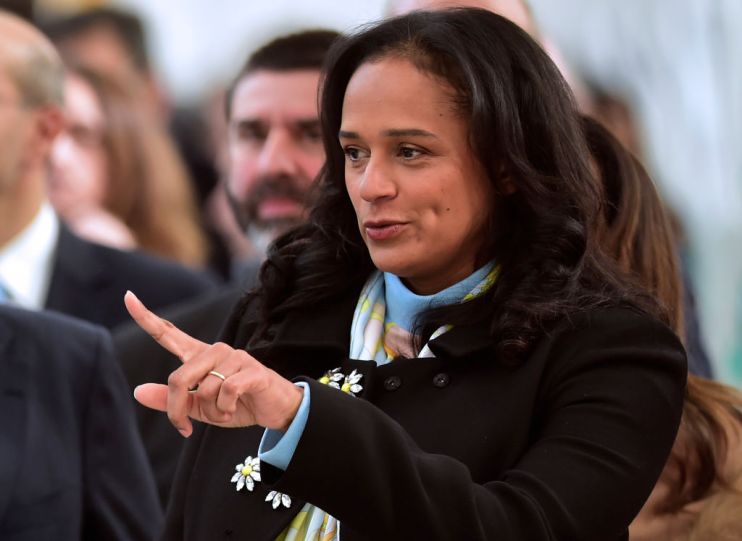Financial secrecy is the enemy in the fight against corruption

Here’s a stat to start your Monday morning: 70 per cent of grand corruption cases, when politicians or their associations misappropriate and use public funds for their personal benefit, involve the use of anonymous companies.
Last month’s Luanda Leaks are a poignant reminder of how transnational and complex corruption has become. Isabel dos Santos, Africa’s richest woman, had with her husband received billions of dollars from her father’s government in Angola through a web of more than 400 companies and subsidiaries in 41 countries.
Tackling anonymous companies requires action on multiple fronts: in countries like Angola, where money is being siphoned out; in the jurisdictions where transfers are arranged from; and in the tax havens where illicit financial flows can end up.
We can’t confront this problem unless we know where to focus. Last week, the Tax Justice Network released its latest Financial Secrecy Index, which assesses the state of financial secrecy in 133 jurisdictions.
Indexes are imperfect tools, but they are good at giving a broad picture. The 2020 Financial Secrecy Index reveals that OECD countries are responsible for half of the financial secrecy in the world. Jurisdictions involved in the dos Santos web of companies included Portugal, Malta, the Netherlands, the UAE, the UK, Switzerland, Italy, the US, Cyprus, and France.
If that illustrates the scale of the challenge, the good news is that things are changing. Globally, the results vary, but the trend is towards less financial secrecy.
Significantly, there is a positive shift on disclosing the true owners of companies. The number of countries that have completed beneficial ownership registration more than doubled between 2018 and 2020, and is now at 41.
In 2018, only the UK was disclosing beneficial ownership data online; today there are six countries, with more likely to follow suit.
In total, 87 countries have made commitments or started to implement beneficial ownership transparency reforms across the globe. OpenOwnership is currently working with 36 countries to implement beneficial ownership transparency to fight corruption and societal harms like trafficking and modern slavery.
There are good reasons — both ethical and economic — for doing so. Beneficial ownership transparency helps build business and market confidence, improves governance, and tackles corrupt and criminal activities.
This is by no means a government-exclusive agenda — business is supportive too. As Katja Hall, the former CBI chief policy director, has pointed out, “businesses back the creation of a beneficial ownership register which will support efforts to promote transparency and stamp out illicit financial activity.”
But businesses can’t do this alone — we need more action from global institutions. It’s time for multilateral organisations like the OECD and the Financial Action Task Force to respond to this catalogue of success by mandating central registers of beneficial owners, with the ultimate aim of making registers publicly accessible, online, and in open data formats. Otherwise, we risk perpetuating the current fractured system where basic information on companies cannot be easily found or accessed by law enforcement and other government agencies.
If we want to get serious about tackling corruption, relying on leaks to uncover bad behaviour is neither sustainable or desirable. The Financial Secrecy Index provides a strong indication of where the problem lies. A sensible first step is targeting the vehicle of choice for hiding illicit gains and activities: anonymous companies.
Governments and businesses are on board — we must now concentrate on ensuring that this window of opportunity is not lost.
Main image credit: Getty